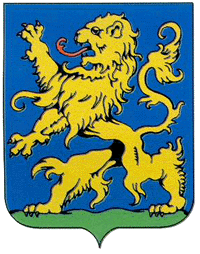We, survivors of the Técső community after its destruction, remember that several foes were operating against us in Técső during the five years preceding the destruction, in which Técső was under Hungarian rule.
The non-Jewish population – mainly Hungarians and Ruthenians – stood by and did nothing to save even one Jew from the persecutions or at least to ease them from their decrees. Anyhow, in interviews with Técső survivors to prepare this summary, I did not hear about anyone of the non-Jewish population in Técső who helped the Jews.
Although I once heard from someone from Técső that the priest of the Greek Catholic Church (Görög-katholikos egyház) Egresi preached to his community (most of them ethnic Ruthenians) not to cooperate with the oppressors in persecuting the Jews, but his community did not listen to him and sometimes acted against the Jews even harder than the ruling Hungarian class.
Many were the oppressors acting against us in Técső – both local residents and those who arrived to Técső from central Hungary. Among the local foes were: Teinel Jen, Mozi Pali, Biró Zoli, Jánoska, Januszka (whose surname I do not know); Among the oppressors who came to Técső from the center of Hungary stood out Kombor (his first name was unknown to me), who was the director of the Office of Supply and Rationing in Técső. The chief oppressor of Técső was Görgényi (Gojdics) Mátyás, who was in a position similar to that of the secretary of the local council in Israel, but there he had much more authority and was described as “the chief registrar of the great community and the crown town Técső” “and in Hungarian: Técso nagyközség szabad korona város f?jegyz?je. His son Oszkár, a member of the Arrow Cross Party, advised his father how to act against the Jews. When the Hungarian army withdrew from Técső in the autumn of 1944, all the above-mentioned foes except Mozi Pali fled to Hungary.
